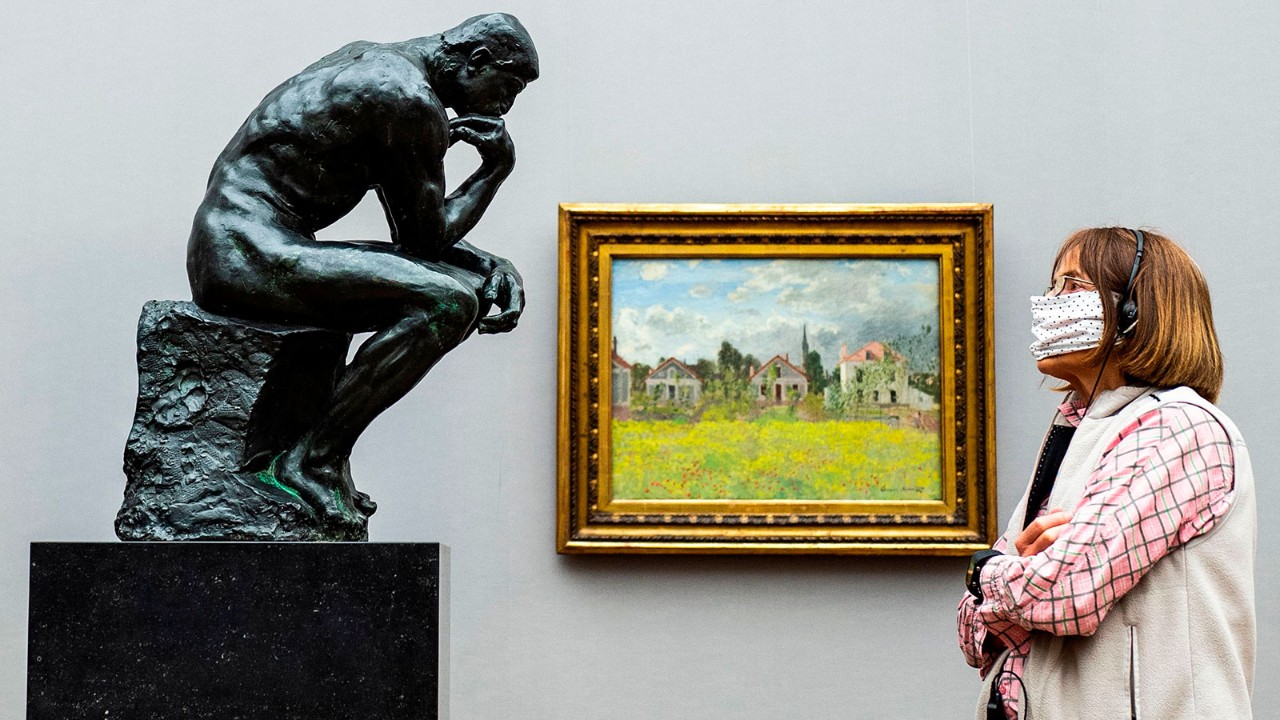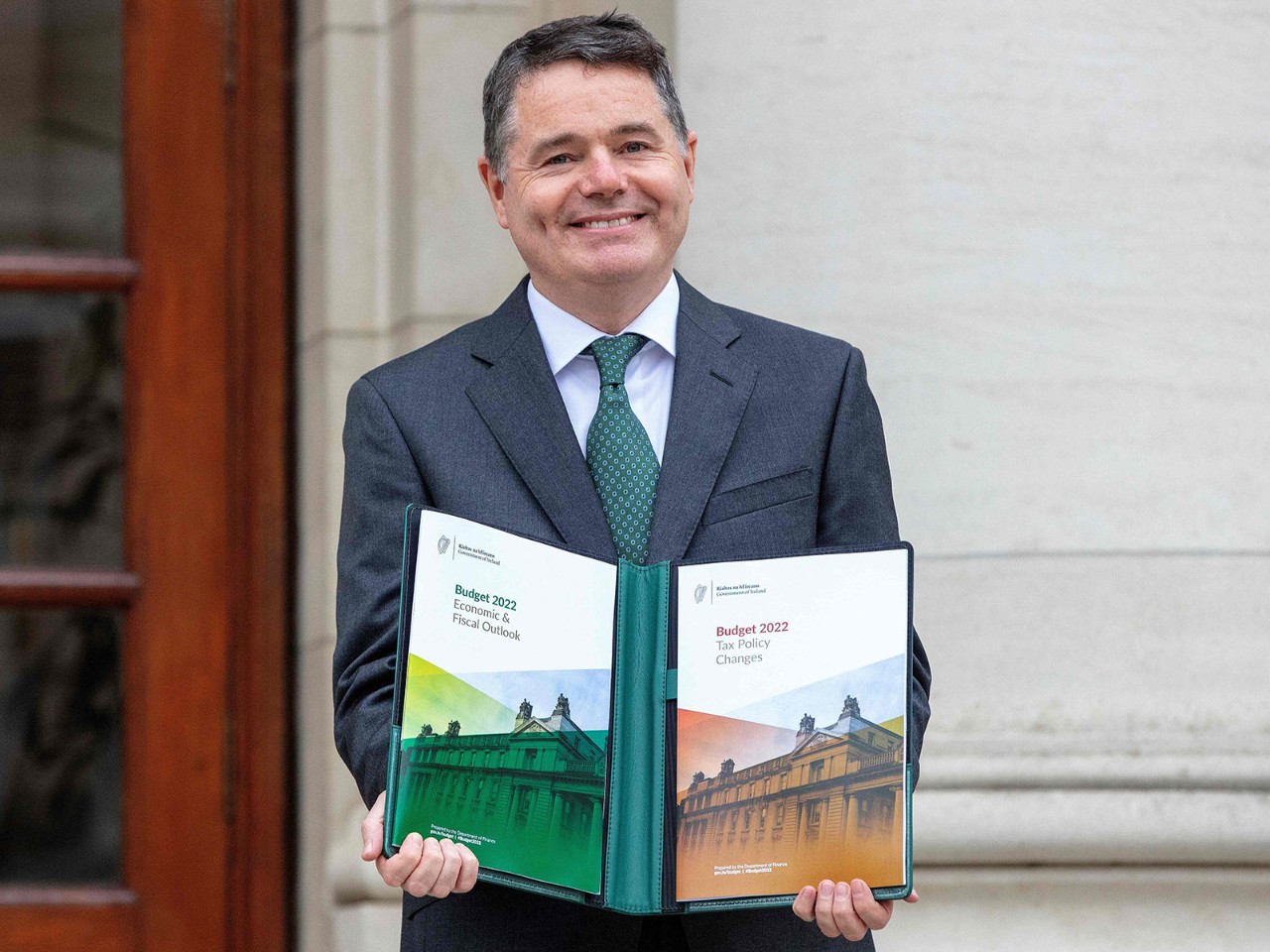
As we transition from Covid-19 pandemic to endemic, it is timely to examine the role of accounting and accountants in society, and to understand what exactly is expected of the profession, and what the profession can and should do to meet these expectations.
Since March 2020, the pandemic and the accompanying rapidly shifting business landscape have created a multitude of opportunities for unethical behaviour in organisations, economies and societies that have greatly impacted on the work of accountants. The challenges for accountants include questionable revenue recognition practices as a result of pressure to meet revenue targets in the face of disrupted supply chains, and excessively optimistic financial forecasting in a bid to avoid detrimental going concern assessments and audit qualifications.
This an opportune moment for the profession to bolster confidence in its capacity to promote and protect the public interest
Accelerated technological innovation and adoption throughout this period have transformed the way accountants operate. Many organisations’ customer and supply chain interactions now take place digitally, allowing accountants to focus on interpreting, rather than generating, financial reports. Investment in remote collaboration, cybersecurity and cyber-hygiene has enabled accountants to work in remote locations, and to access and share confidential in-house and client data securely.
In addition, organisational and cultural shifts have been demanded by the expanded work environment. These have been accompanied by rekindled efforts to embed renewed cultural practices in a hybrid context.
Post-Covid
With the world’s economies poised to reopen across all sectors, varying levels of optimism and expectation abound concerning post-Covid recovery. It is probable that accountants will encounter a myriad of further pressures as organisations, sectors and countries grapple with uneven economic recovery.
It is important to remember that while accountants cannot, for example, prevent corporate failures, their engagement is essential to ensure trustworthy financial statements and reports. It is therefore vital to the economic wellbeing of businesses and societies all around the world that trust in the profession is maintained.
While the profession acknowledges its public interest duty, the accounting community exists within a complex interplay of social structures and human agency, which evolve in unpredictable ways. While social structures are largely affected by constituents beyond the profession (but with which the profession must nevertheless keep pace), the profession regulates the human agency aspect through its codes of ethics and conduct, and facilitates sanction where members fail to consider the public interest.
New roles
In the past, the terms ‘accounting’ and ‘accountant’ traditionally conveyed a certain stereotype, both within the profession and to those engaging with it. Accounting was conventionally perceived as a technical practice, involving the keeping of records which predominantly reported a clearly defined profit or loss and a cumulative position for assets, liabilities and residual interests. In turn, accountants were regarded as a community focused around technical subject matter, charged with preparing and presenting financial records, spending huge amounts of time ‘number crunching’ and ‘bean counting’.
There is a growing shift away from these stereotypes, which do not encapsulate the reality of the work and role of accounting and accountants in modern society. It is increasingly acknowledged that accounting is not ‘black or white’, does not always generate one right answer, and that modern accounting processes and products are extensive and complex.
Accounting today comprises much more than keeping records and crunching numbers. It is effectively an enabling and influential device, impacting organisational, economic and social functioning and development. Many global firms which previously marketed themselves as accountancy practices have rebranded as professional services firms, reflecting the profession’s renewed status. This raises interesting questions about the role that accounting and accountants have and should have in society.
Accounting undeniably continues as a technical practice and many well-conceived global standards direct and regulate this practice, facilitating the maintenance of proprietary knowledge and skills which distinguish the discipline. However, accounting is also a social practice, dealing with the allocation and accountability of resources, and supporting the integrity and transparency of financial and non-financial reports central to the effective functioning of organisations, economics, societies and the natural environment. The strength of the accountancy profession is globally recognised by businesses, investors and regulators, and a strong level of trust is placed on the shoulders of the profession to act in the public interest.
Public interest
The profession as a whole engages with a wide range of issues that have a public interest angle. Accountants working in business, including tax accountants, facilitate the provision of financial and non-financial information to support sound business decisions, enable compliance with regulatory responsibilities and help organisations to act ethically. Auditors provide assurance to management, shareholders and wider stakeholders that the organisation’s risk management, governance and internal control processes are operating effectively and that financial statements provide a faithful representation of the underlying events, transactions and strategies of the organisation. Public sector accountants help to shape fiscal policies of countries and economic communities.
The aftermath of the pandemic and the move to a new normal is an opportune moment for the profession to bolster confidence in its responsibility and capacity to promote and protect the public interest. In so doing, it will reinforce to members and stakeholders alike the fundamental canons, scaffolded by integrity and objectivity, and articulate the profession’s duty to act in a manner that strengthens the professional designation.
Find out more
ACCA’s ethics film festival (which offers two units of free CPD) takes place on 20 and 27 October.
In addition to the festival, ACCA is celebrating Global Ethics Day on 20 October with a global discussion to build on the ACCA/CA ANZ report, Ethics for sustainable AI adoption (one unit of free CPD). Experts will discuss the fundamental principles that must be tackled and how professional accountants can ensure AI delivers sustainable long-term value. Register to attend the webinar live on 20 October, or watch on demand.





